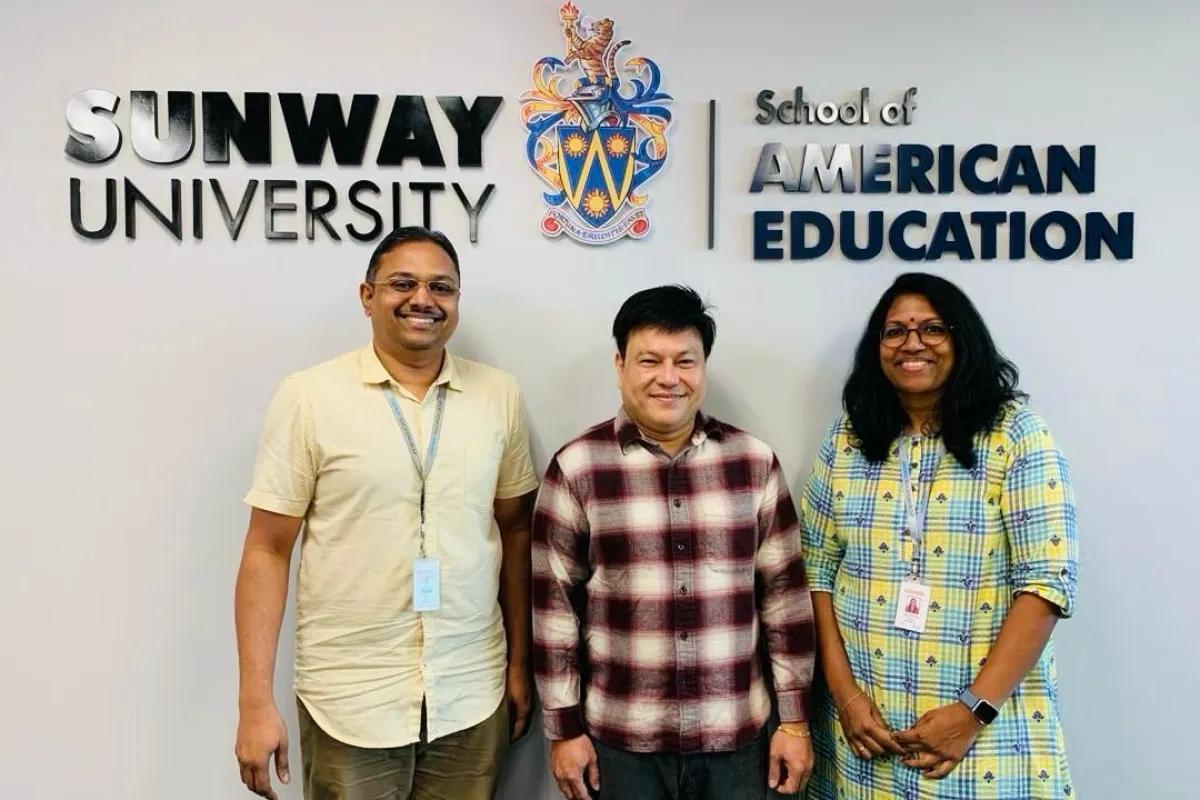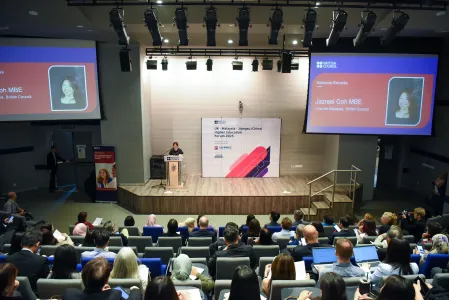Dr Kavitha and her team have secured a $7000 Cintana Grant for an Innovative Antiamoebic Research
In a ground-breaking development, Dr Kavitha from the School of American Education (SAE) and her esteemed team members Assoc. Prof. Dr Ayaz Anwar (SMLS), Mr Devandran (SAE), Dr Haema Thevanayagam (SER) together with Dr Lemmuel Tayo and his team from MAPUA University have clinched a prestigious Cintana grant worth USD 7000 for their cutting-edge research project titled "Revealing the Effectiveness of Malabaricones as antiamoebic agents against Naegleria fowleri, validated through In Silico Targeting of CYP51."
The project aims to explore the potential of Malabaricones, compounds found in the M. cinnamomea plant extract, as a potent antiamoebic agent against the deadly N.fowleri. This research marks the first-ever comprehensive assessment of these compounds' efficacy against N.fowleri, promising significant advancements in combating this pathogen.
In this study, advanced computational methods such as molecular docking, molecular dynamics, and ADMET prediction will be used to unravel the mechanism of action of the identified active compounds in the plant extract. By combining traditional laboratory experiments with computational techniques, the team hopes to gain crucial insights into the antiamoebic properties of Malabaricones and pave the way for novel treatment strategies.
Computational techniques have become essential assets in the realm of drug discovery, providing unmatched benefits in efficiency, cost efficiency, and environmental responsibility. Through utilizing computational modeling, they can integrate green chemistry principles and sustainable approaches into drug development, reducing the need for extensive lab work and animal trials.
With this grant secured, Dr Kavitha and her team are poised to make significant findings in the fight against amoebic infections, offering hope for improved treatment options and ultimately, saving lives.







